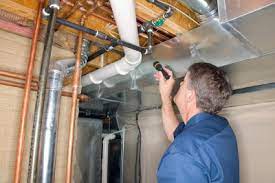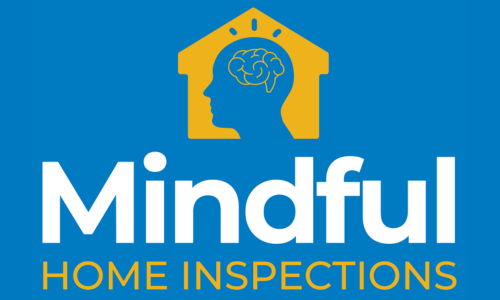
When it comes to buying or selling a home in Ft. Lauderdale, West Palm Beach, or Port St. Lucie a home inspection is a crucial step in the process. A professional home inspector plays a vital role in assessing the condition of a property and identifying potential issues. In this blog post, we will delve into the key aspects that a home inspector in South Florida typically looks for during an inspection. Understanding these areas can help homeowners and buyers gain insight into the inspection process and ensure a smooth real estate transaction.
Roof and Exterior:
A home inspector carefully examines the roof for any signs of damage, such as missing or damaged shingles, leaks, or improper installation. They also inspect the gutters, downspouts, and the overall condition of the exterior, including siding, windows, doors, and foundation. The inspector checks for cracks, water intrusion, or structural issues that may affect the integrity of the home.
Electrical Systems:
The electrical system is a crucial component of any home. Inspectors assess the electrical panel, wiring, outlets, switches, and fixtures to ensure they meet safety standards. They look for outdated or faulty wiring, inadequate grounding, and potential fire hazards. Additionally, they verify proper functionality of circuit breakers and test the operation of ground fault circuit interrupters (GFCIs) in kitchens, bathrooms, and outdoor areas.
Plumbing:
The plumbing system inspection covers water supply lines, drains, faucets, toilets, and water heaters. Inspectors check for leaks, water pressure issues, signs of corrosion, and any visible plumbing defects. They also examine the functionality of fixtures, including sinks, showers, and tubs, and inspect the sewage or septic system for proper functioning.
HVAC Systems:
An inspector evaluates the heating, ventilation, and air conditioning (HVAC) systems. They assess the condition, age, and efficiency of the HVAC equipment, including furnaces, air conditioners, heat pumps, and ventilation systems. The inspector checks for proper airflow, leaks, ductwork issues, and potential safety concerns.
Structural Components:
The structural integrity of a home is of utmost importance. The inspector examines the foundation, walls, ceilings, and floors for any signs of settlement, cracks, or structural damage. They also assess the condition of load-bearing walls, beams, and the overall stability of the structure.
Insulation and Ventilation:
The insulation and ventilation systems impact energy efficiency and indoor air quality. Inspectors evaluate the insulation in attics, walls, and crawl spaces, ensuring it meets appropriate standards. They also assess ventilation systems, including exhaust fans, to ensure proper airflow and moisture control.
Interior Spaces:
Inspectors thoroughly examine the interior spaces of a home. They check for signs of water damage, mold, pests, or other issues that may affect the livability and safety of the property. Additionally, they inspect doors, windows, stairs, railings, fireplaces, and smoke detectors to ensure compliance with safety codes.
A comprehensive home inspection is an essential step in the home buying or selling process in West Palm Beach, Ft. Lauderdale, and Port St. Lucie. By understanding what a home inspector looks for in this region, homeowners and buyers can be better prepared to address any potential issues that may arise. Remember, hiring a qualified and experienced home inspector is crucial to obtaining an accurate assessment of the property’s condition. Ultimately, a thorough inspection provides peace of mind and helps ensure a smooth and informed real estate transaction in South Florida.

